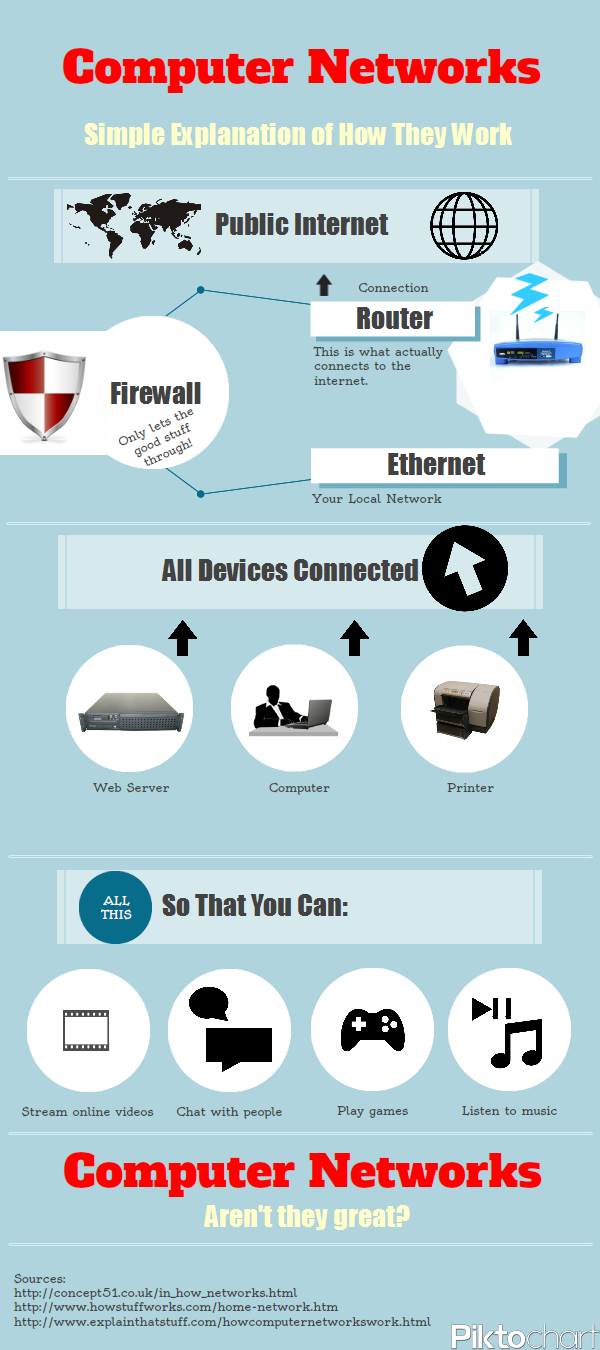The goal of the CompTIA Security+ certification is to certify IT professionals in network security. This is one of the fastest-growing areas in IT. The training and certification process for Security+ is very rigorous, but is necessary to move up in the IT field. The exam itself contains around 100 questions, both multiple-choice questions and performance-based. You have 90 minutes to complete the exam, and you must achieve a score of at least 750 out of 900. It's important to study well, as this is a difficult exam. There are several things you can do to help studying for your Security+ certification. By making the most of your study time and study tools, you can pass the exam and gain your certifications.
TrainACE - IT and Cybersecurity Training Blog
Studying For Security+ Training
[fa icon="calendar'] Dec 18, 2013 11:30:58 AM / by The TrainACE Team posted in CompTIA, Cybersecurity, Security+
Average Salaries of the Most Common Entry Level Information Technology (IT) Jobs
[fa icon="calendar'] May 15, 2013 5:15:08 AM / by Ryan Corey posted in Salary, CompTIA, Networking, Network+, A+
Why CompTIA A+ and Network+ Certification Training is Beneficial
[fa icon="calendar'] Mar 27, 2013 12:59:54 PM / by Ryan Corey posted in CompTIA, Systems Administration, Network+, Getting Started in IT, Network Administration, A+
Are you a recent graduate looking to enter into the IT world or maybe you are somebody that is considering a career change into a more in demand field? Are you someone who can think logically as well as creatively? More and more technology employers in the D.C., Maryland and Virginia area are looking for candidates that possess solid computer abilities as well as industry certifications.
Latest CompTIA A+ 800 Series Tests Pose New Challenges for Candidates
[fa icon="calendar'] Mar 21, 2013 11:16:36 AM / by Ryan Corey posted in CompTIA, Getting Started in IT, A+
In October, CompTIA announced the release of new tests, the 800 series, that will replace the 700-series exams that had been the basis of CompTIA’s A+ certification, the certification that covers entry-level technicians. The 700 series will remain in use through August 31, 2013. Until then, candidates can choose either series as a testing option for the A+ designation.
About the CompTIA CASP Certification and Who it is Best Fit For
[fa icon="calendar'] Sep 25, 2012 7:45:31 AM / by Ryan Corey posted in CASP+, Cisco, CompTIA, Cybersecurity, Information Assurance, Ethical Hacking
The CompTIA Advanced Security Practitioner (CASP) certification is intended for professionals with at least ten years of experience in security administration. Five of those years must be hands-on technical experience. The CASP does not require that any previous exams have been passed, but is a higher-level exam than the CompTIA Security+.
[Infographic] Computer Networks - How They Work
[fa icon="calendar'] Jun 28, 2012 1:43:08 PM / by Ryan Corey posted in CompTIA, Network+
Here's a neat little info-graphic that illustrates what goes on between your computer and the internet. Take a look at all the steps between your PC and the internet you access every day. It may seem like you just plug directly in to the internet and go, but it's a lot more complicated than that, and quite interesting!

